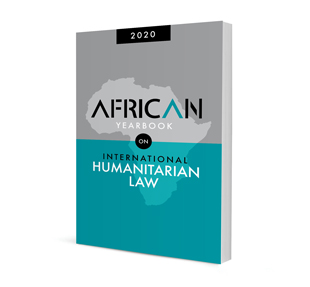Assessing the Legal and Regulatory Framework for Special Economic Zones in South Africa

Assessing the Legal and Regulatory Framework for Special Economic Zones in South Africa
Author: Mmiselo Freedom Qumba
ISSN: 1996-2185
Affiliations: Lecturer, Department of Mercantile Law, University of the Free State
Source: South African Mercantile Law Journal, Volume 34 Issue 2, 2021, p. 229 – 267
https://doi.org/10.47348/SAMLJ/v34/i2a4
Abstract
The previous industrial development zones (IDZs) programme did not generate the anticipated economic growth in South Africa. Thus, the recent special economic zones (SEZs) programme is aimed at addressing the deficiencies in the disappointing record of the IDZs. So, would the new SEZ programme succeed if the IDZs failed? Since the IDZ is considered to have failed to generate the expected levels of economic growth, it is important assess whether the new SEZ programme will be able to fulfil its intended objectives. Therefore, the purpose of this article is to provide an insightful analysis of the South African SEZ programme from a legal and policy perspective and to proffer some reforms in areas that may be pertinent for the success of the SEZ programme. It traces South Africa’s experience with the IDZs and related industrial policies by assessing how the country has fared so far, looking at its transition from the IDZs to the SEZs and analyses the potential challenges it is likely to face in the future. It adopts a comparative method of analysis by examining key issues confronting SEZs in South Africa, India, and China. In particular, the article compares only the key aspects in the regulatory design of the SEZ as found in the SEZ Act. These aspects include: the governance and ownership structure of the SEZs; the incentives offered to investors; the establishment of one-stop shops and issues of infrastructure development.
